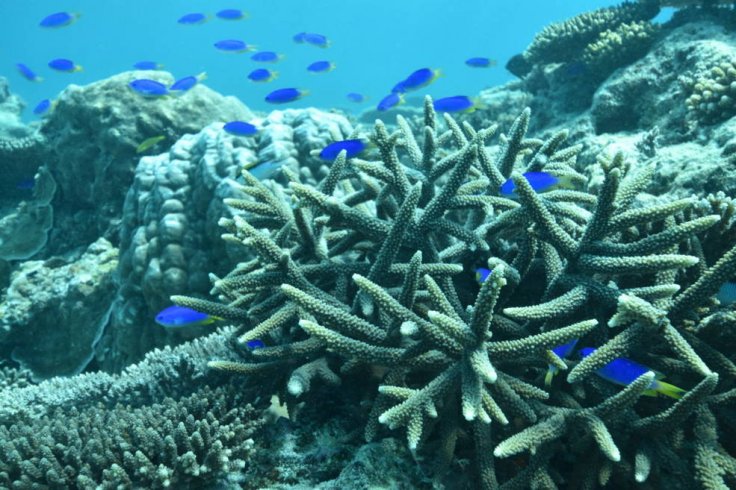
Researcher in Kasetsart University claims that the total area experiencing the coral reef damage in Thailand has increased from 30 percent to 77 percent in the last decade. It is said that 77 percent or 140,000 out of total 107,800 rai of coral reef area in the Thailand coast are deteriorating at an alarming rate, mainly due to pollution from the tourism industry.
Thon Thamrongnawasawat, assistant professor and deputy dean of the Faculty of Fisheries at Kasetsart University said that tourism and polluted water released by beachfront hotels, resorts, and residential houses are the main cause behind the unhealthy coral reefs.
In 2008, the Ministry of Natural Resources and Environment stated that around 42,000 rai (30 percent) of the total corals was destroyed completely.
Plastic waste dumped into the seas also increases the rate of coral infection and result in their long-term impact. Water contamination is a large contributor to the problem as only 30 percent of polluted water undergoes proper wastewater treatment. Also, sediments from landfills along coastal areas contribute to the damage.
Prof. Thon stated, "All of this [the degeneration of corals] is a result of man-made pollution, especially the influx of tourists which is not being handled properly. Over the past two or three years, Thailand has had no problems about coral bleaching, but the degeneration has continued to this day."
However, Petch Manopawitr, a scientist of the International Union for Conservation of Nature (IUCN) firmly believes that plastic waste to be the main reason for coral diseases.
He said Thailand was ranked fourth among the countries producing most marine waste last year, referring to the data from Ocean Conservacy, a US-based non-profit marine conservation group.
Petch Manopawitr also mentioned the recent article in the Science magazine that says that coral reefs in the Thai seas are mostly affected by pathogens from plastic wastes.
The study said that structurally complex corals have higher chances of getting infected. The microhabitats of reef-associated organisms also get affected by the situation.
Petch also referred to the joint study conducted by the Cornell University, James Cook University and Prince of Songkla University in 2014 which found that coral reefs are damaged by plastic. The research was done on coral reefs on 159 locations in Thailand, Myanmar, Indonesia, and Australia.
Worapot Lomlim, chief of Hat Noppharat Thara Mu Koh Phi Phi National Park stated that the authorities would soon inspect coral reefs Koh Bida Nok in Krabi.
The local residents in the region had complained that Japanese tourists in the region have brought vinyl boards to the waters and taken photos with corals which might have damaged the corals.









